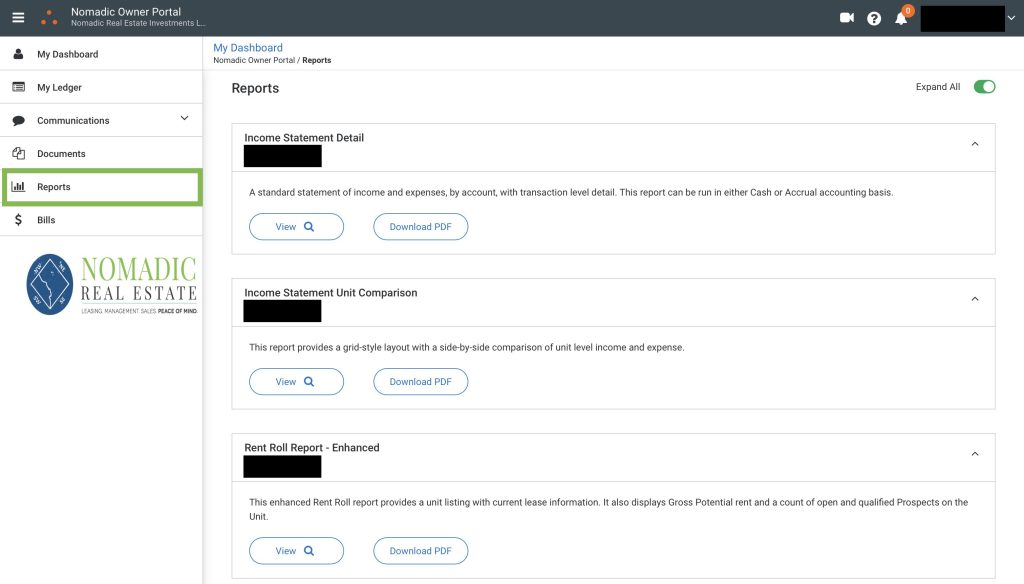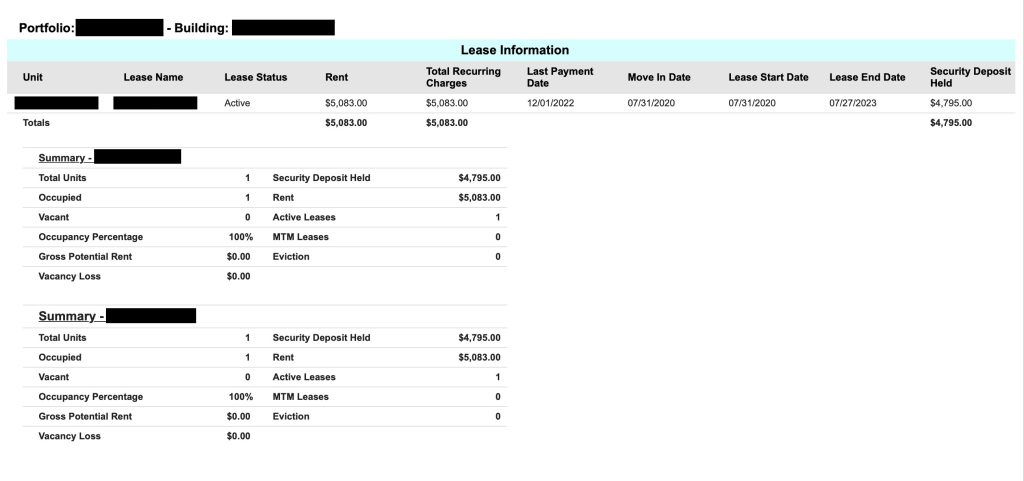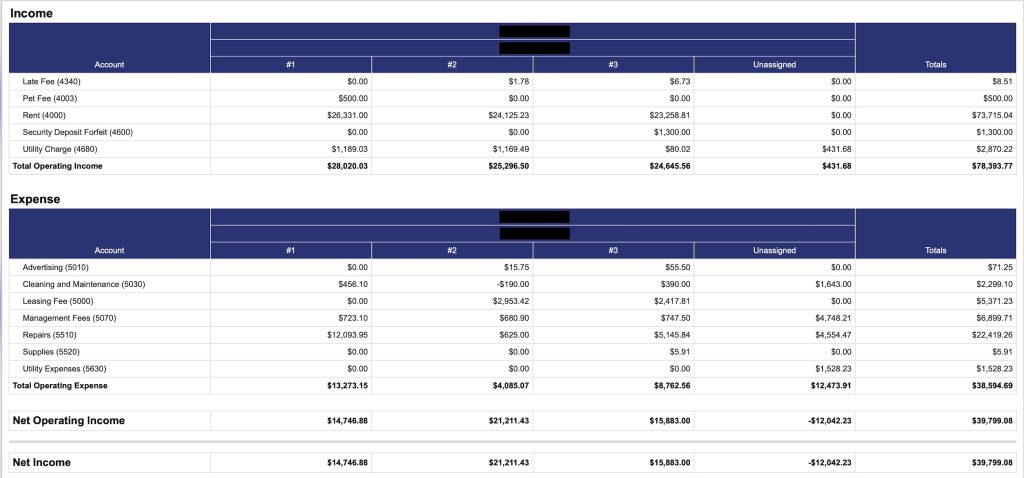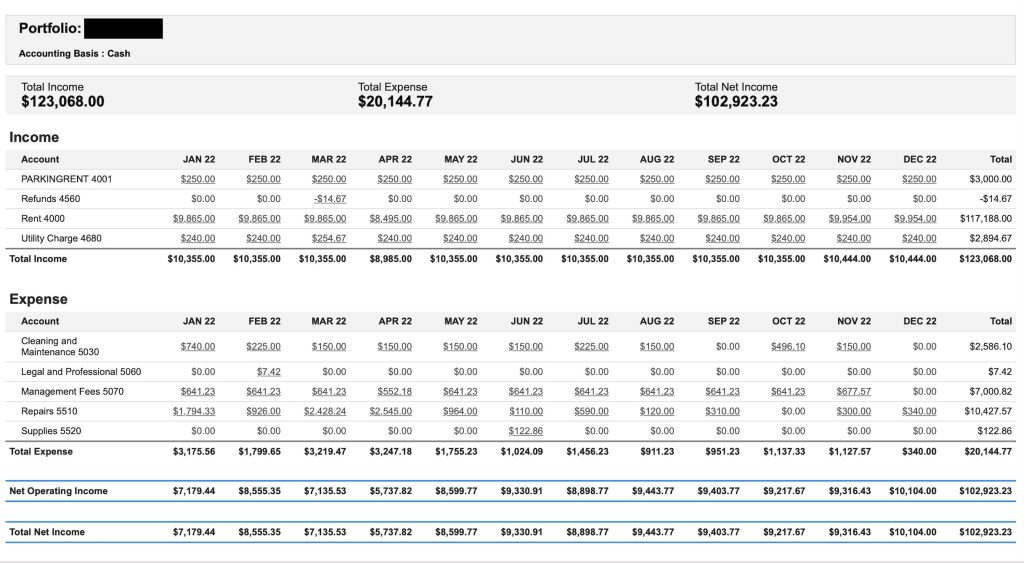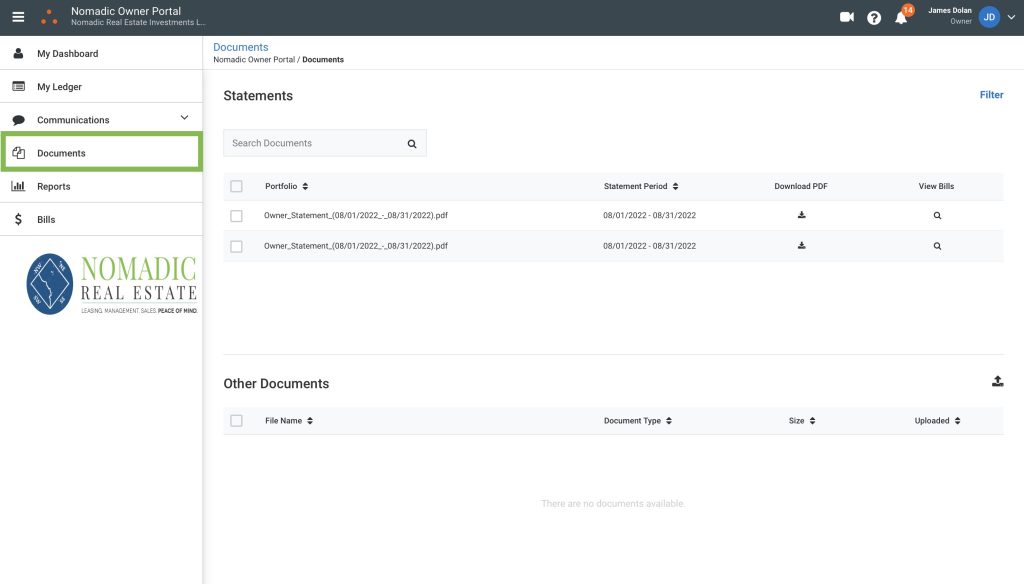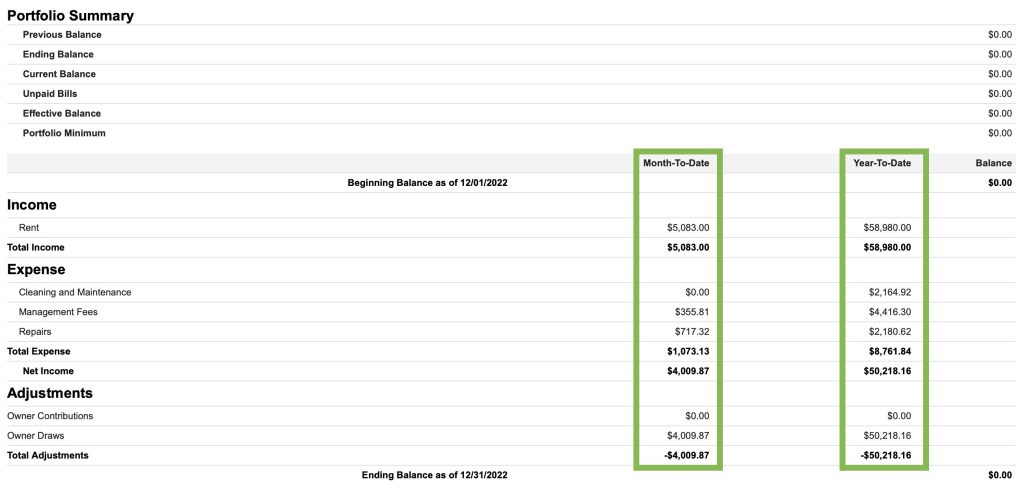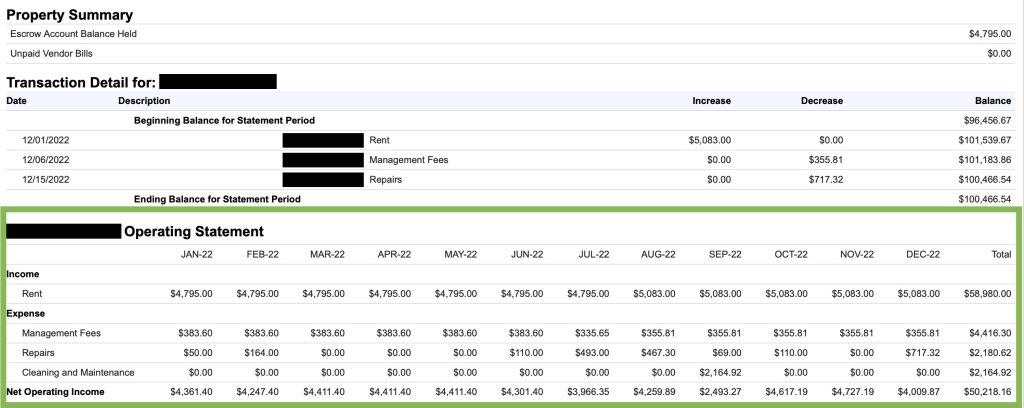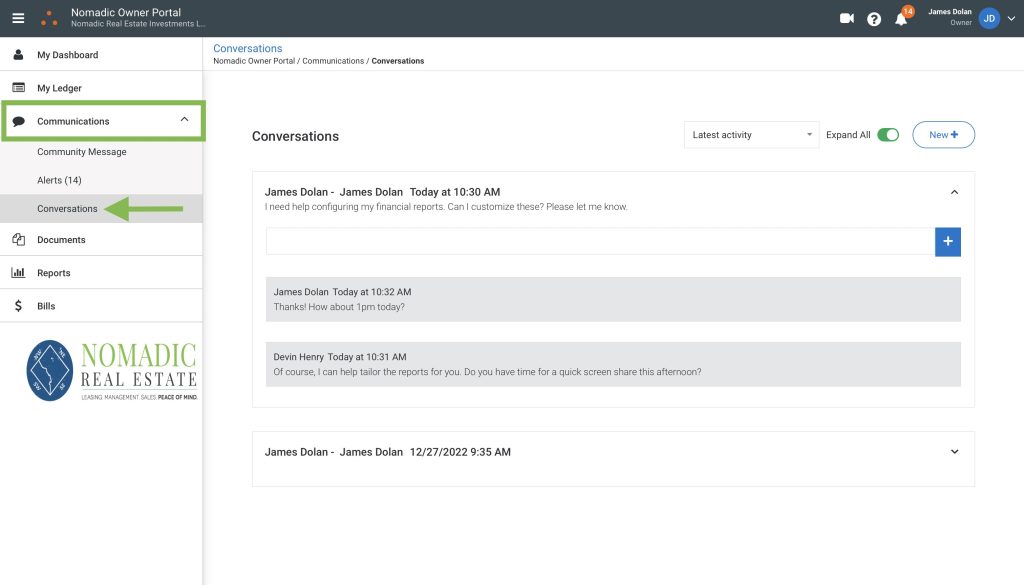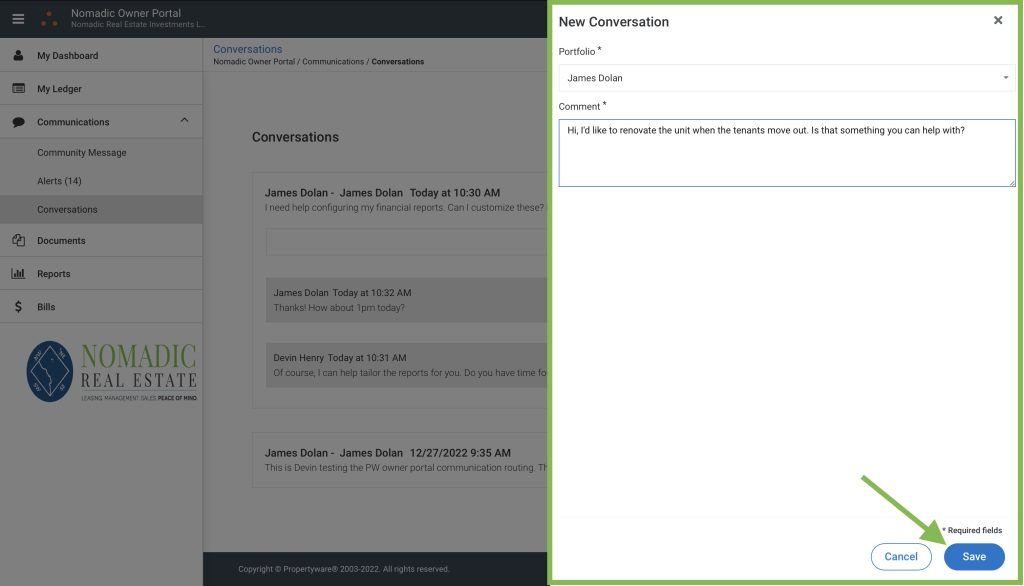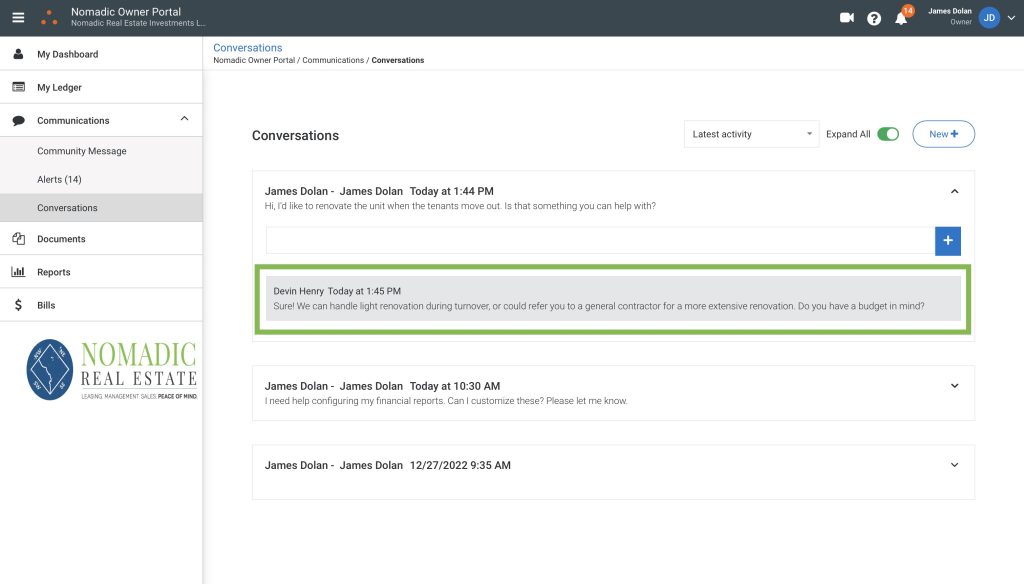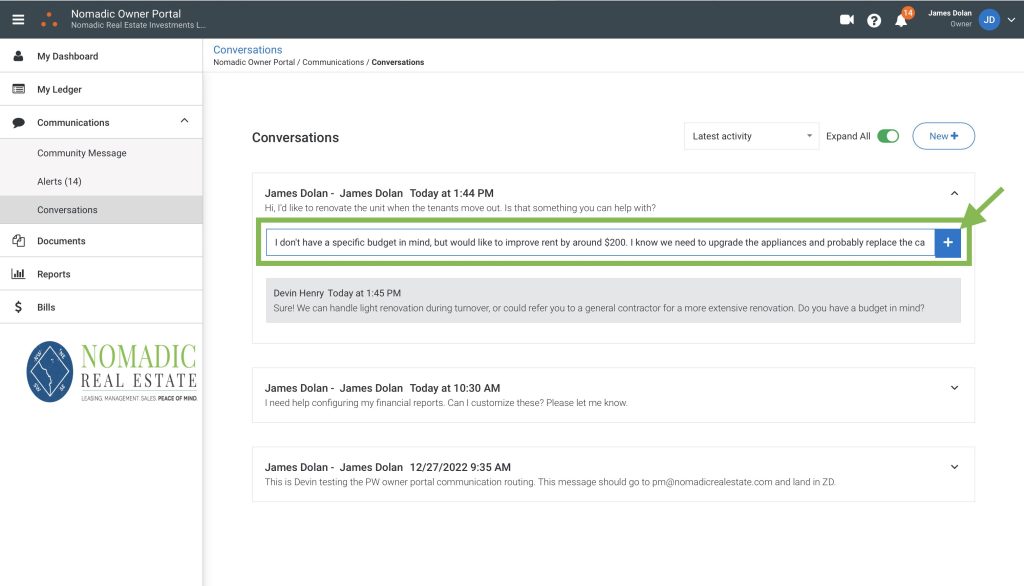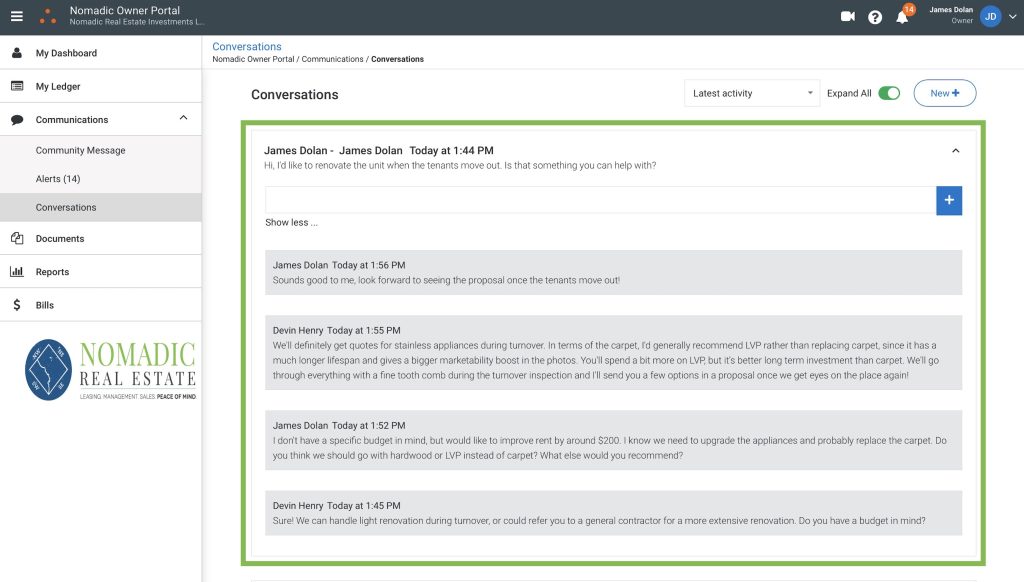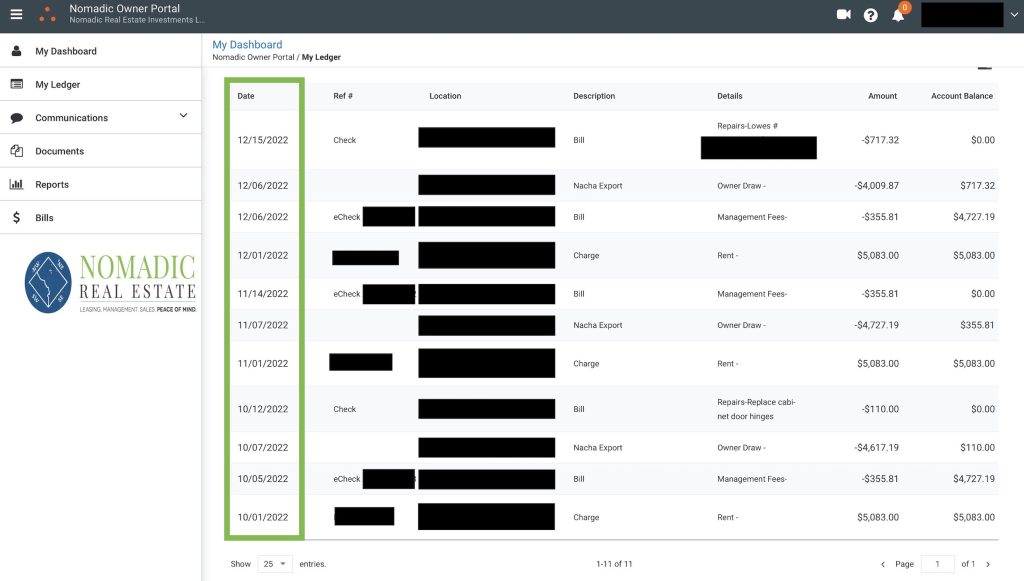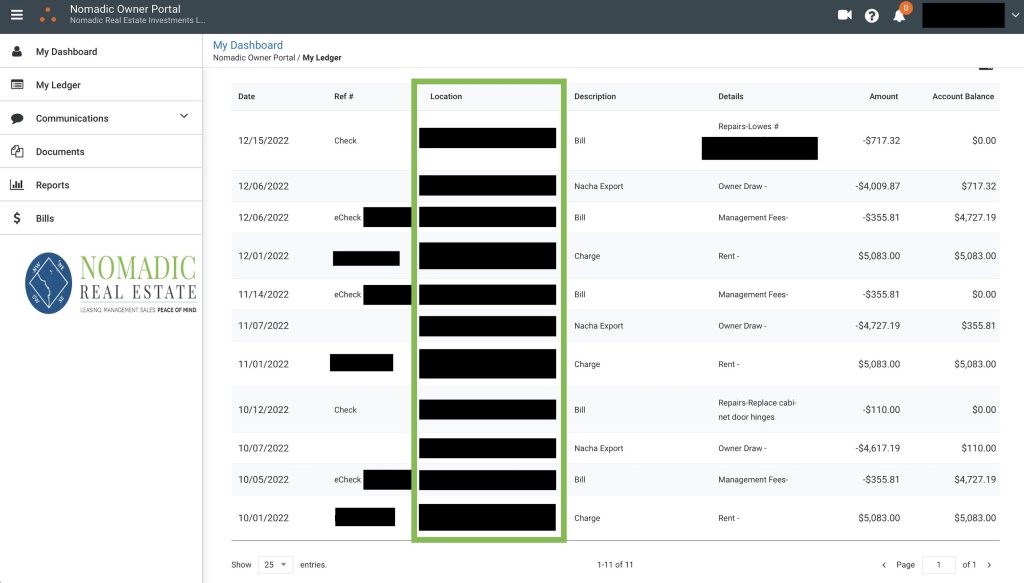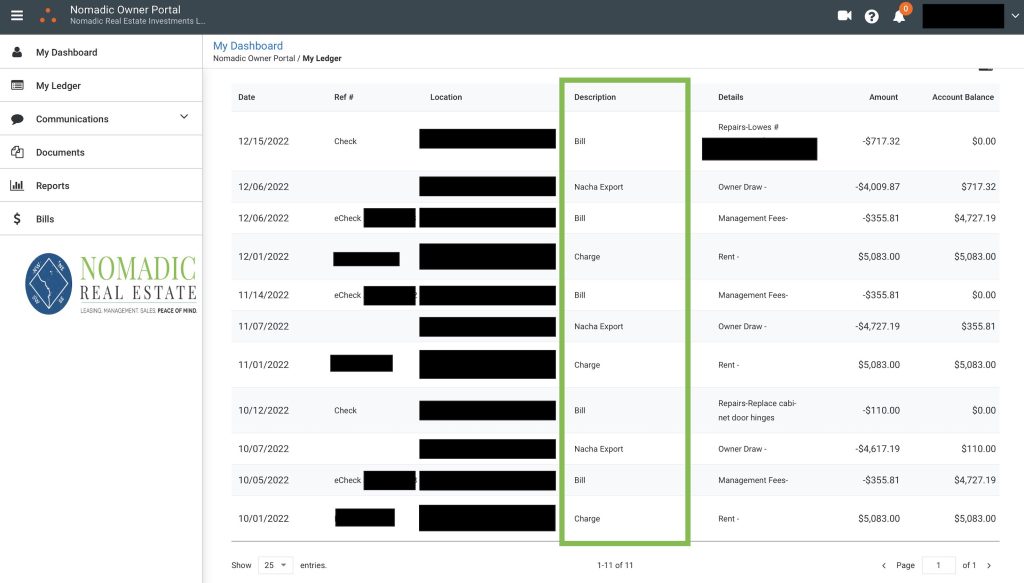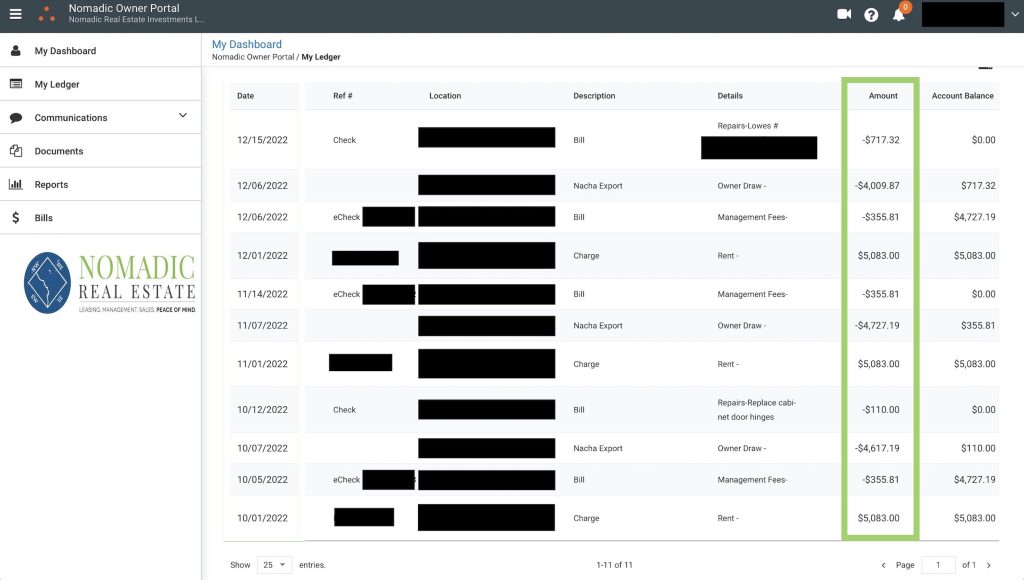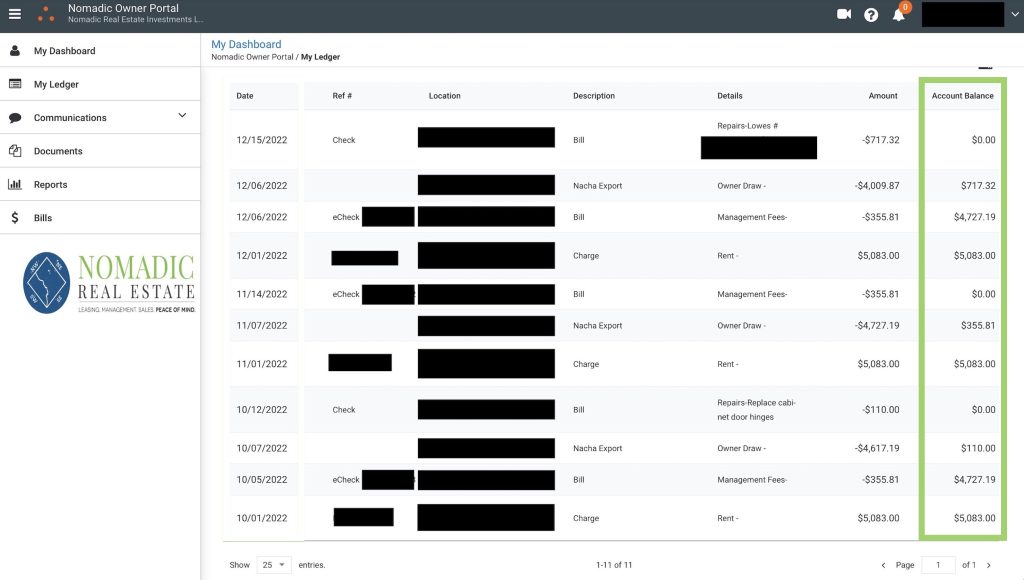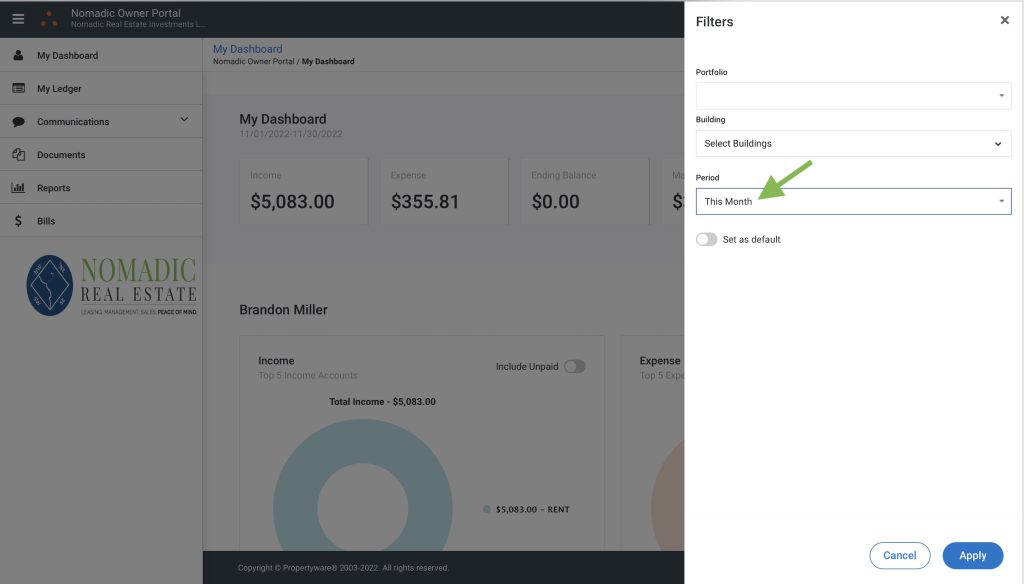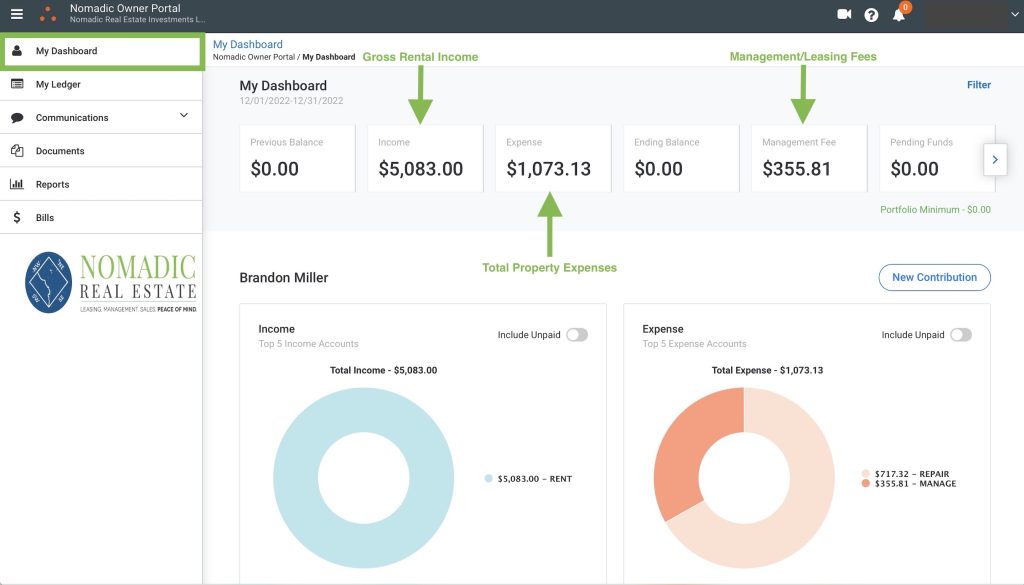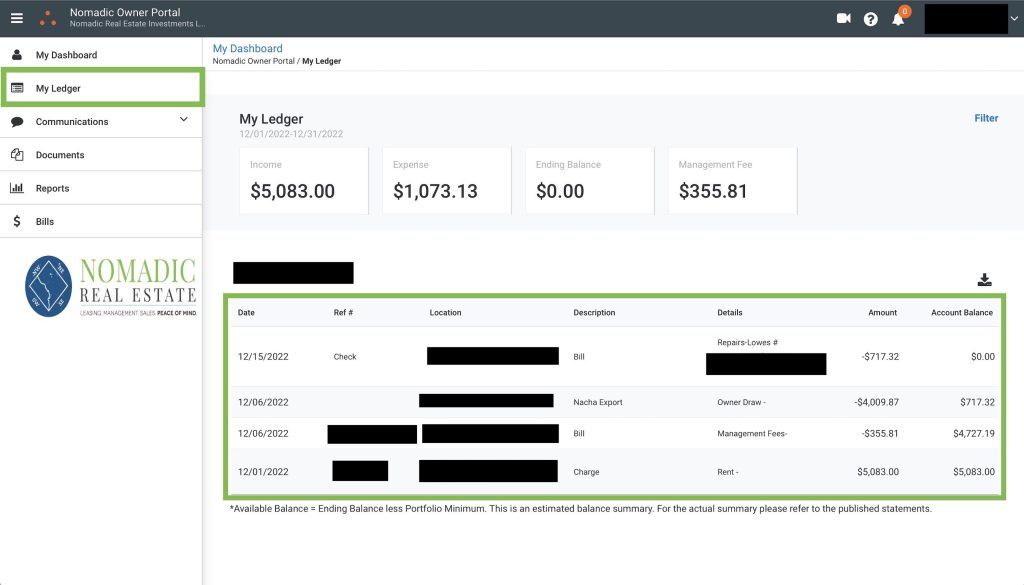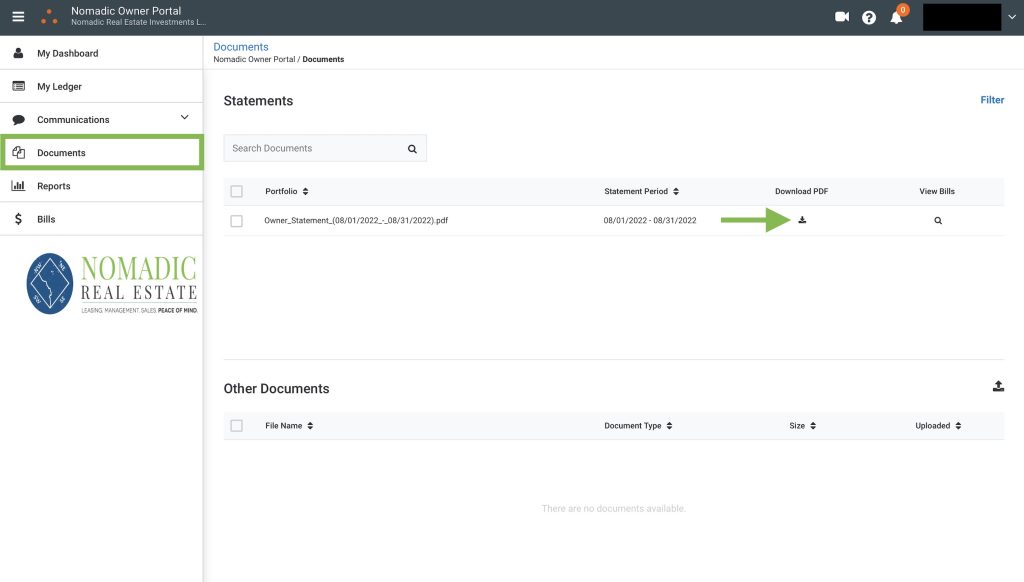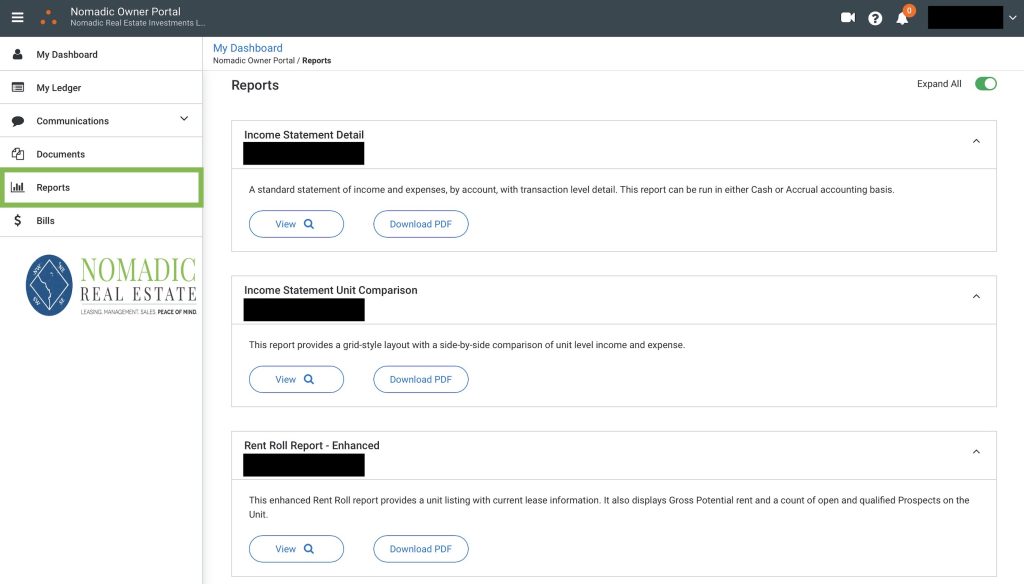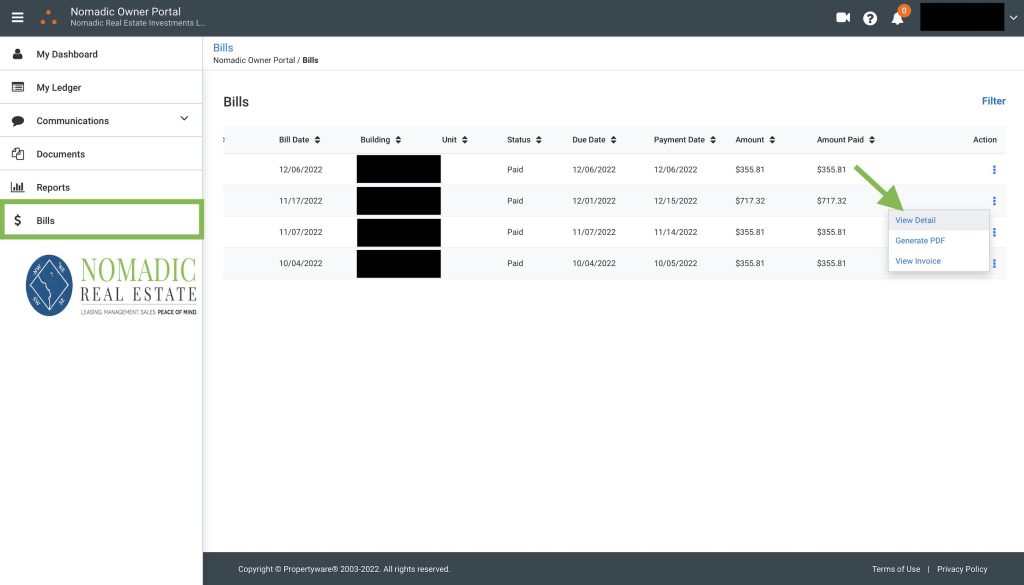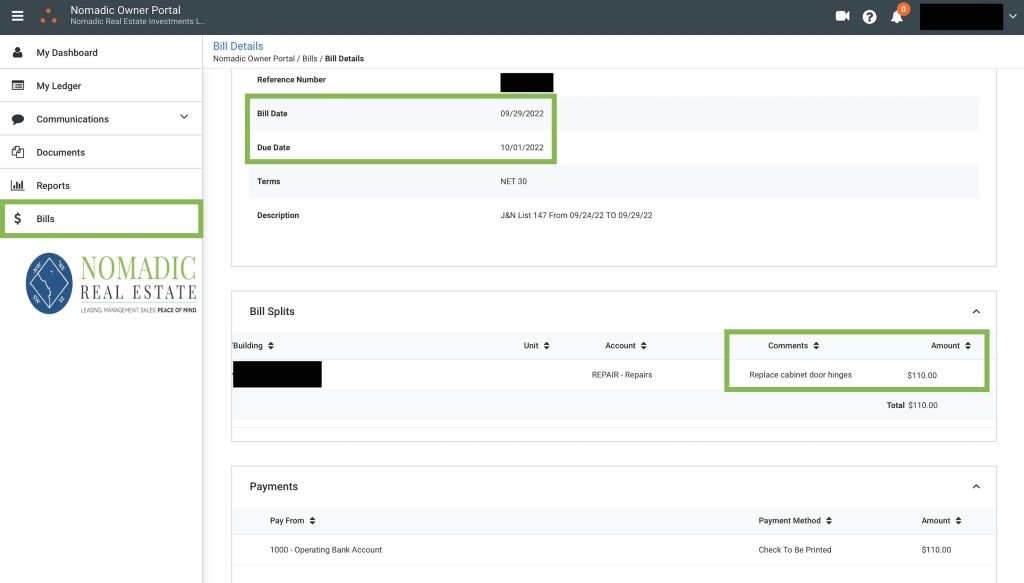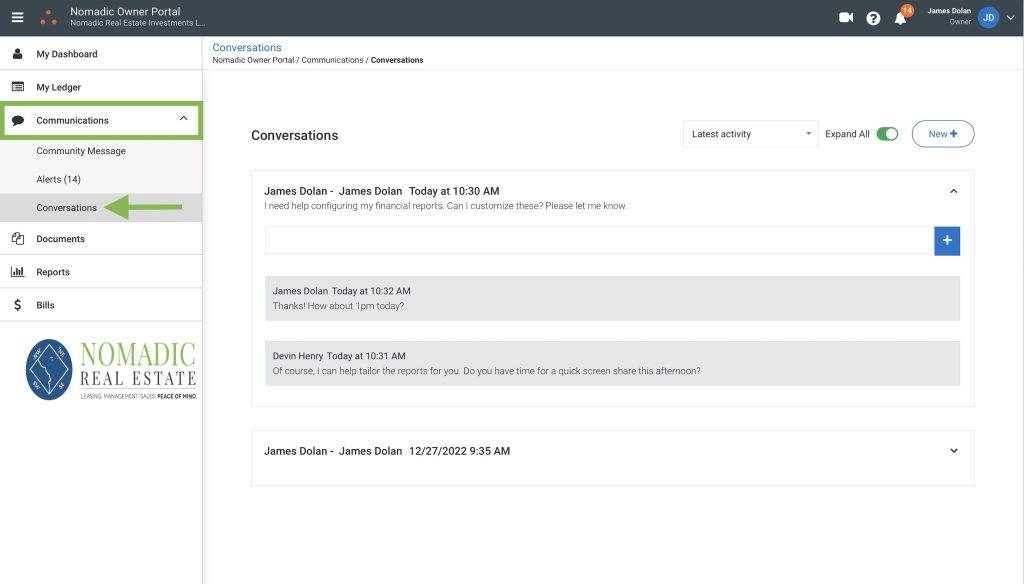This article explores mold growth and how it can affect your property revenue. Things discussed here include the following:
- How to prevent mold in your residential property
- Three ways mold can affect the revenue of your property
- Common problems when dealing with mold
Molds are fungi that produce multicellular filaments called hyphae. Mold can cover any decomposing organic substance in the wild, but it needs to create a big mycelium before it is visible to the naked eye. Unlike insect colonies like ants or termites, mycelium does not consist of several creatures working together. Instead, it is made up of a web of hyphae that belong to the same organism.
Mold spores begin to grow when they reach an environment with adequate water, nutrients, temperature, and airflow. Unlike plants, which harness energy through photosynthesis, molds derive their energy from organic materials. Mold thrives on materials that it can absorb. Depending on where you live, you are likely to find mold in a home.
A home’s value will drop significantly after mold infestation. The best course of action is maintaining heightened senses of sight, hearing, and smell to detect mold development at its earliest, more manageable stages.
However, it’s not against the law to sell a house with mold, but you might have trouble finding a buyer. Researchers found that even after remediation, as many as half of the prospective buyers back out when they learn about mold. Also, mold disclosure may be mandatory in some places.
It is important to deal with mold issues as early as possible since mold can cause health problems and affect your property’s revenue. You can even find tenant relocation due to mold problems. This article discusses mold issues and how they can affect the value of a property, hence affecting revenue.
How to Prevent Mold in Your Residential Property
Maintaining regular property inspections is the best way to keep mold out of your house. However, it takes more than just having someone come in and look around for a few hours. Therefore, you could consider hiring a home inspector. Your home inspector may pay extra attention to things like radon levels, drainage around the house’s foundation, and the condition of the water heater and plumbing system. Before calling in a professional inspector, you should still perform annual inspections of any dark, low, or rarely visited sections of your house, such as the attic, basement, or crawlspace. Keep in mind that mold suggests the presence of water leakage or stagnant moisture deposits. Inspect the home’s windows, siding, and foundation walls for any signs of water damage.
Three Ways Mold Can Affect the Revenue of Your Property
Most mold problems can be fixed, but it will give potential buyers a bad impression of your home, so it’s in your best interest to get things back in order as soon as possible. Here are three ways mold can affect the value of your home.
1. Transfer Disclosures
An informal discussion with a client about a mold problem is insufficient. A written record of the disclosure and resolution is required – not only for the benefit of the buyer and seller but also for any future occupants or city officials who would need to know the property’s backstory. City officials could use a transfer disclosure to learn more about the property.
The disclosure act has been approved by some states for a long time, while others have yet to do so. For instance, in New York State, homeowners are legally responsible for any environmental or structural issues with their property. However, in the past, they had no reason to disclose such issues. It was entirely up to the prospective purchaser to conduct their due diligence by employing a third-party inspection or poring over available public records to learn more about the properties they were interested in purchasing. Now things are different.
Most states have some transfer disclosure law, albeit the specifics vary from state to state. Some jurisdictions, including Illinois, Kansas, and Oklahoma, mandate that a seller disclose any known health and safety issues with a property to a potential buyer. This is also the case in states like California, though there is no hard and fast rule about when the seller must provide such documentation to the buyer.
To prevent potential legal liabilities and fees, it is essential to check with a local Realtor to confirm the regulations in your area, as transfer disclosure rules differ greatly from state to state. However, having this document could save you money if a client sues you because of a mold problem.
2. Tenant Lawsuits
Landlords must provide safe and habitable housing. Therefore, landlords may be held accountable if mold develops in your rental. If a landlord has a major mold problem and refuses to remedy it, the tenant may have legal recourse under state law, such as the right to withhold rent or the ability to sue for damages caused by mold. After all, it is the landlord who pays for mold remediation.
3. Mold Caused by Leaks
Landlords have legal obligations to ensure their rental properties are safe and livable. This includes addressing water damage from broken plumbing, windows, and roofs, the most common sources of mold growth. A tenant can hold a landlord liable for damages if mold grows because of a leak and can prove to a judge or jury that the mold made them sick.
While mold growth might seem like a slight problem, it might cost you a lot of money if the client/tenant knows how to use the law to their advantage. It is, therefore, vital to always keep your property mold-free.
Common Problems When Dealing with Mold
Mold will not only cause financial problems. It can also cause health problems such as the following:
- Watery eyes
- Headaches
- Fatigue
- Itching
- Difficulty breathing
- Runny nose
Get rid of mold – not just for saving money but for your clients’ and clients’/tenants’ health.
Preserve the Value of Your Property
Don’t let mold cost you huge sums of money. Avoid this by hiring experts who understand how to manage properties. At Nomadic Real Estate, we will take care of your property and ensure it is in the safest condition.










